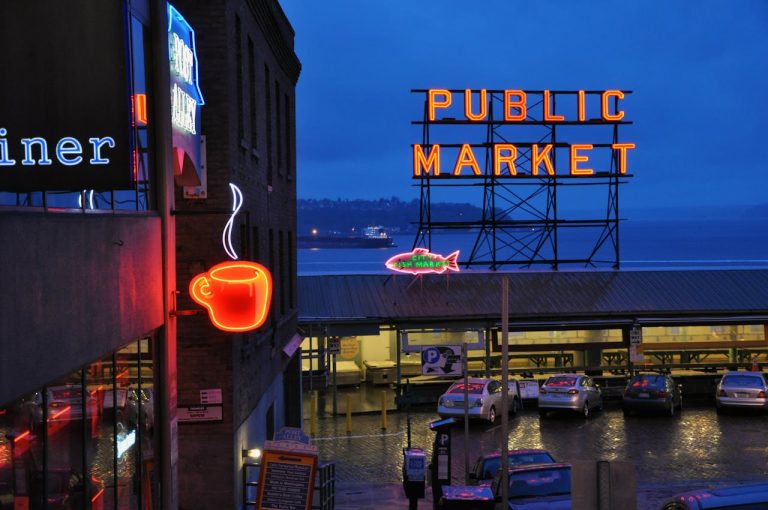10 U.S. Cities Becoming Harder to Visit for Immigrants or Visa Holders Because of Local & Federal Laws
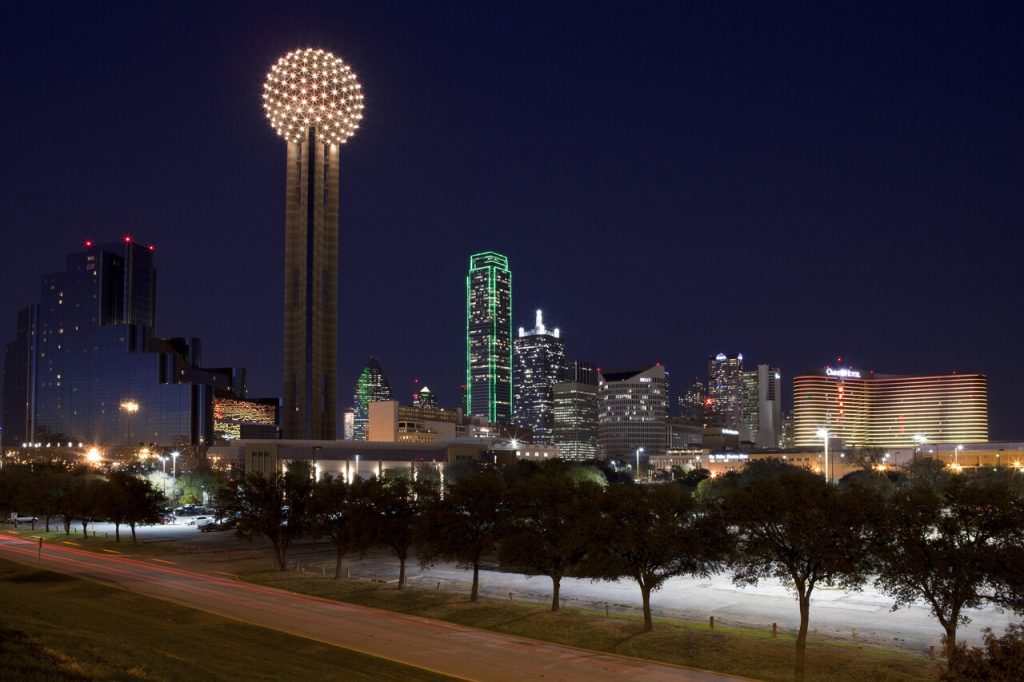
For immigrants and visa holders, U.S. travel now involves more than booking flights or hotels it requires awareness of varying local and federal compliance rules. Across the country, ID verification, data sharing, and new enforcement policies are reshaping what it means to visit or stay short term. Some cities are tightening requirements on identification, housing, or employment, creating added complexity for those navigating America’s evolving immigration landscape.
1. Phoenix, Arizona
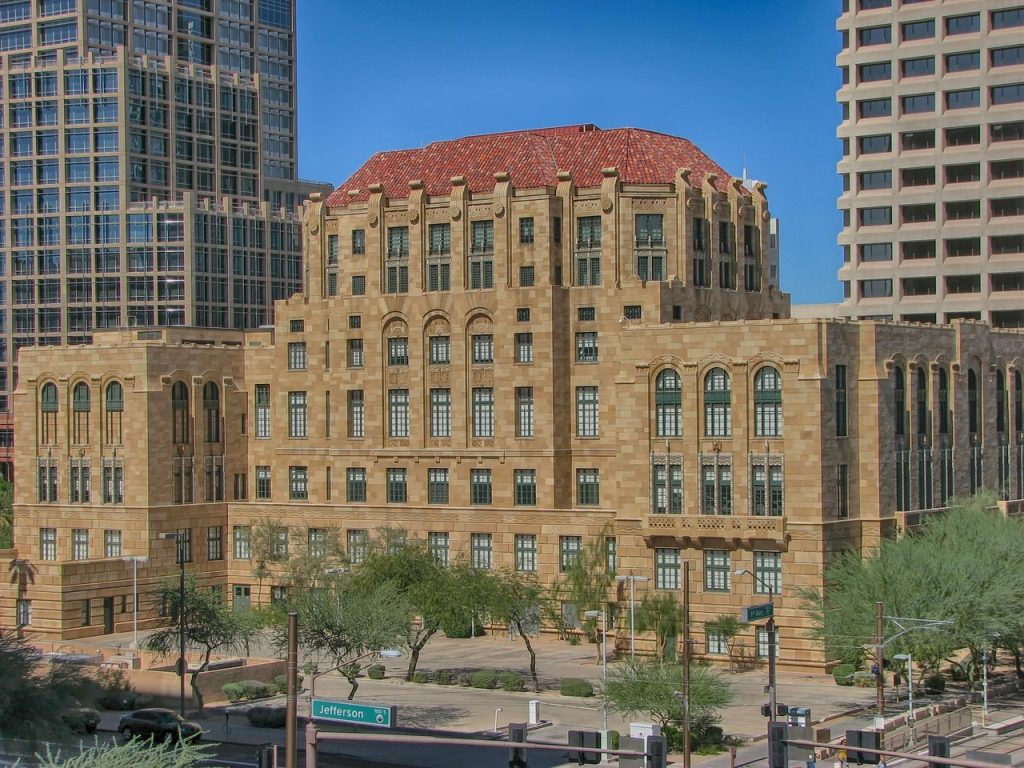
Phoenix continues to reflect Arizona’s longstanding focus on immigration enforcement. State level laws still permit officers to inquire about immigration status during certain stops, though implementation varies. Partnerships between local law enforcement and federal authorities add an extra layer of caution for visitors on temporary visas. Hotel and short term rental ID checks have also grown stricter, while legal aid programs for immigrants remain limited, making documentation issues harder to resolve quickly.
2. Miami, Florida
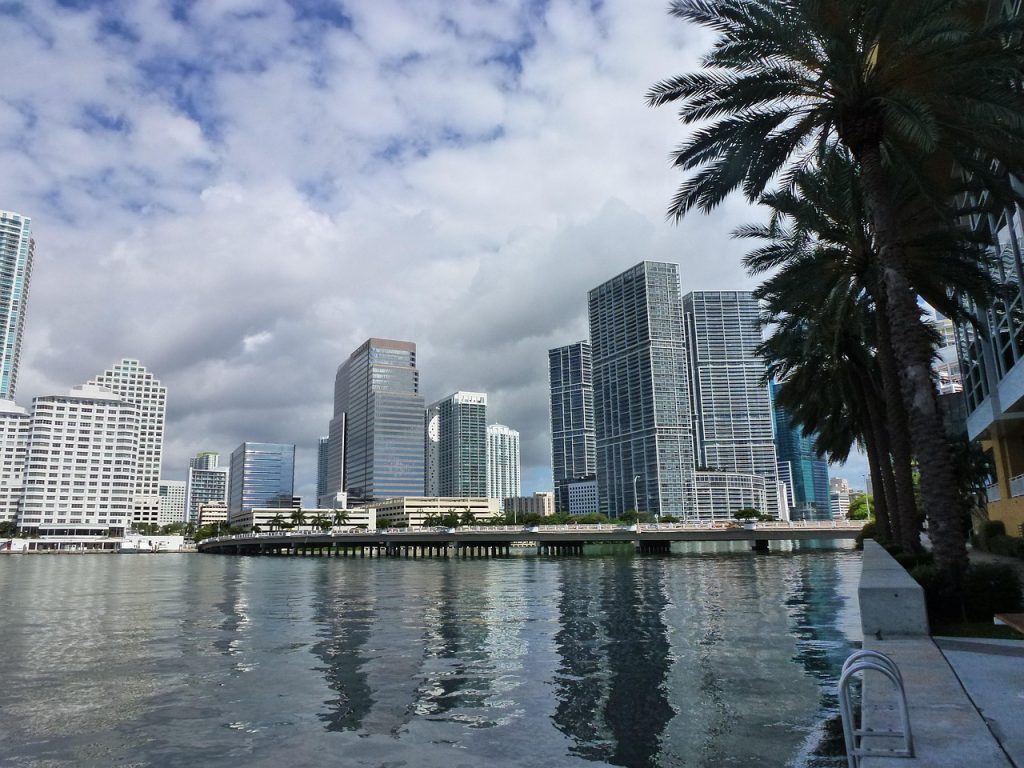
Florida’s recent laws have introduced tougher ID and documentation requirements that affect both residents and visitors. Employers face stricter penalties for hiring undocumented workers, and hospitals must note patients’ immigration status for state reporting though this data is aggregated, not individually disclosed. Travelers on visas may encounter hurdles when using state funded services or securing rentals that demand state issued identification, adding complexity to short stays in Miami.
3. Dallas, Texas
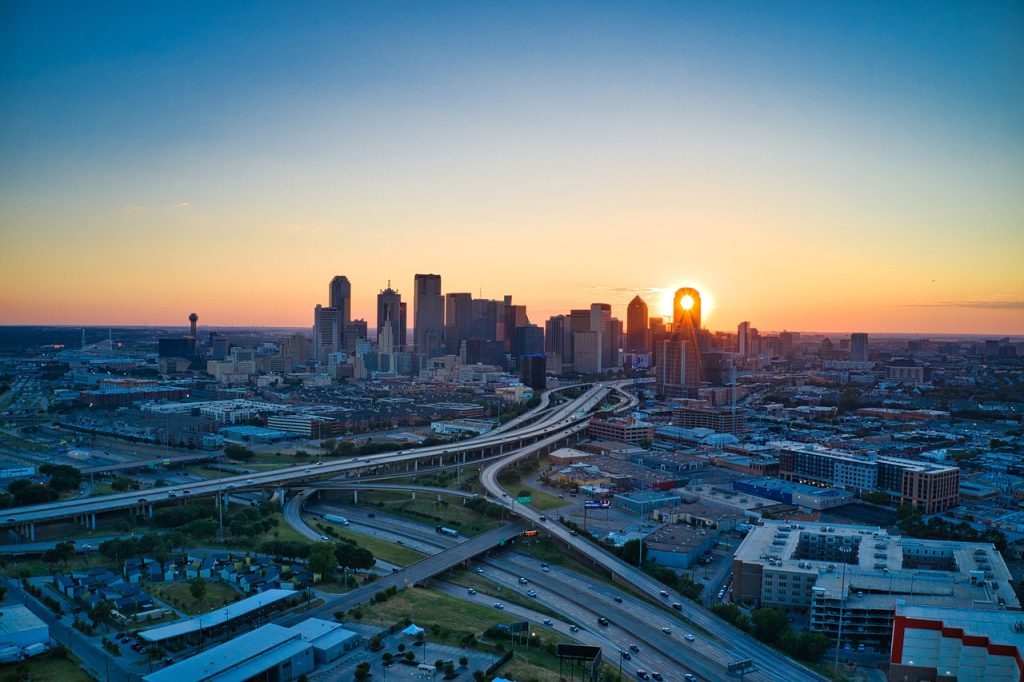
Dallas operates under Texas’s strict statewide directives requiring cooperation with federal immigration authorities. The state’s SB4 law allows police to share information with ICE, heightening anxiety for undocumented individuals and some visa holders. Rental applications and ID verifications can vary by landlord, but caution is common. While the city itself has diverse immigrant communities, increased enforcement and identification policies make short term visits more bureaucratically demanding.
4. Atlanta, Georgia
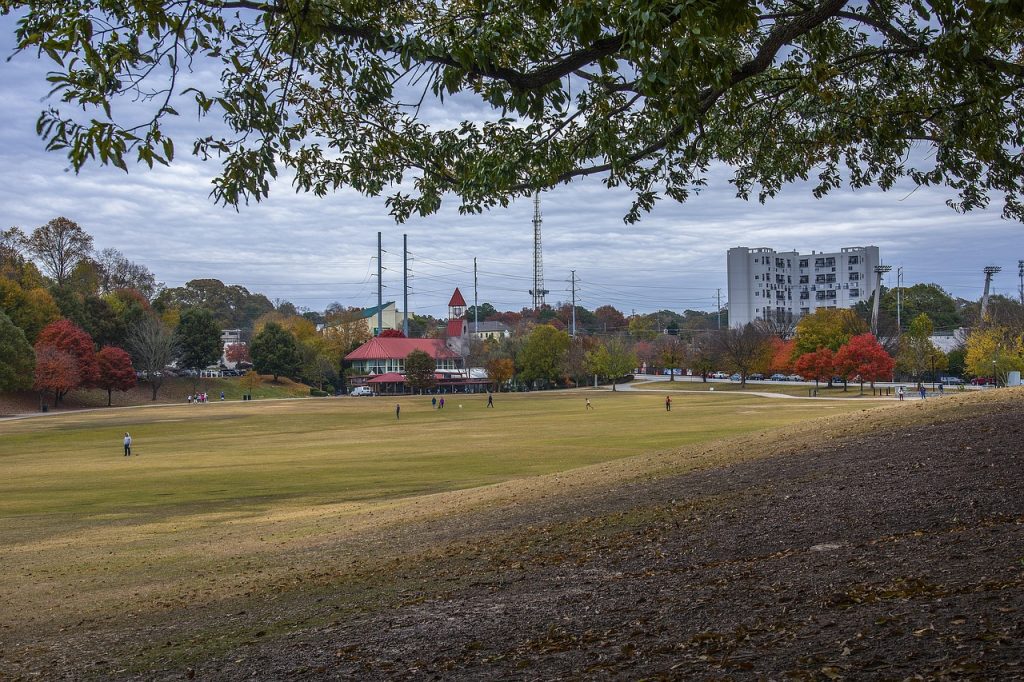
Atlanta’s growing global appeal is balanced by Georgia’s tough stance on immigration verification. State laws require employers to use the federal E-Verify system and local agencies to coordinate with federal immigration databases. For students and visa holders, obtaining state IDs or driver’s licenses can be a lengthy process. While the city’s culture remains welcoming, the administrative barriers to movement and documentation can create stress for immigrants and visitors alike.
5. Nashville, Tennessee
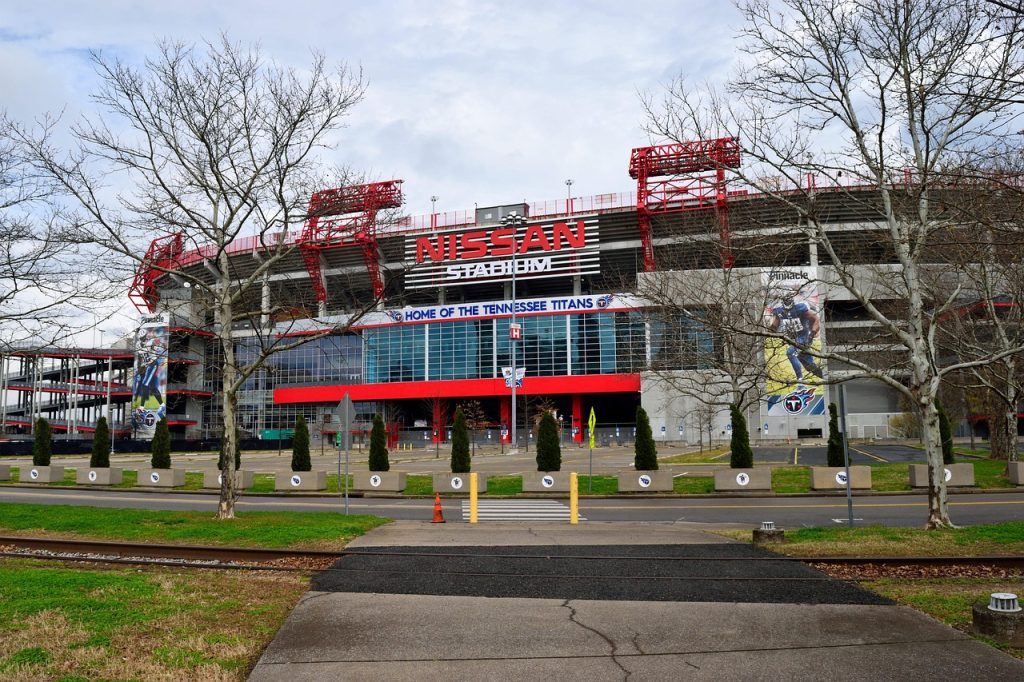
Tennessee has tightened cooperation with federal authorities, compelling local agencies to honor immigration detainers. Nashville’s atmosphere remains friendly, but many visitors on visas notice stricter ID verification in housing and transit services. Reports of increased documentation scrutiny are anecdotal but consistent. Travelers may find it best to keep all visa paperwork accessible to avoid delays or confusion during their stay.
6. Denver, Colorado
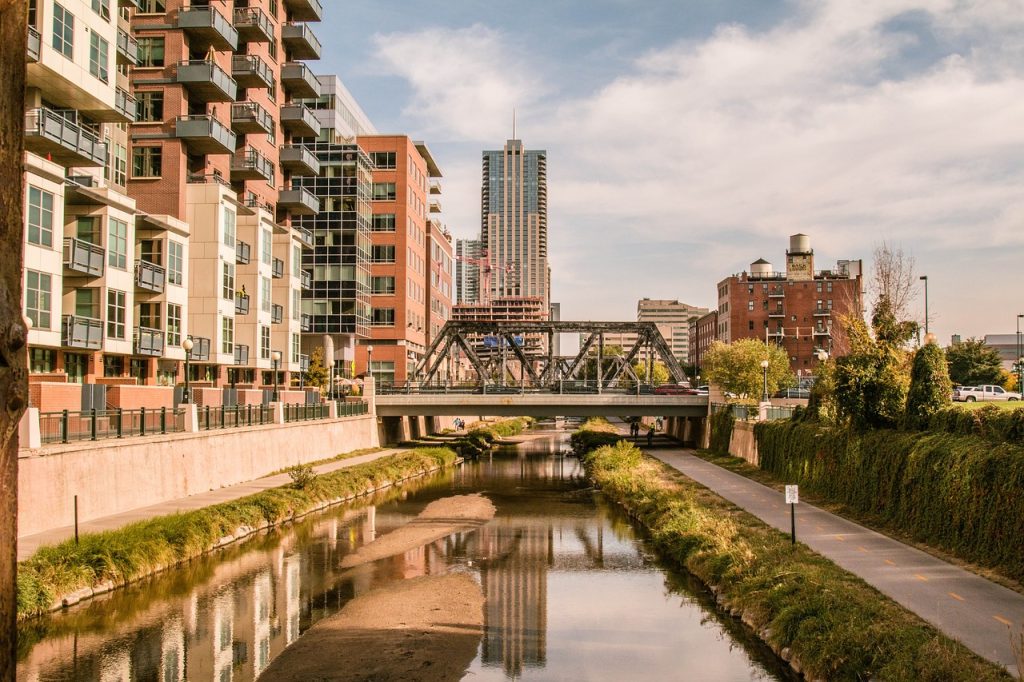
Denver’s former “sanctuary city” image has moderated amid federal and state pressures emphasizing compliance with national standards. While the city still restricts full cooperation with federal immigration enforcement, ID verification for housing, driving, and employment has grown more rigorous. Travelers on short term work or student visas must ensure documentation is up to date, particularly when renting property or applying for local identification.
7. Las Vegas, Nevada

Nevada’s Real ID compliance policies have raised documentation standards across multiple sectors. Las Vegas visitors, especially international travelers, must ensure their passports and U.S. issued IDs meet new verification rules for airport access and lodging. Casinos and hotels conduct more precise identity checks due to regulatory requirements. Although not directly immigration related, these compliance layers can create difficulties for visa holders managing travel paperwork.
8. Chicago, Illinois
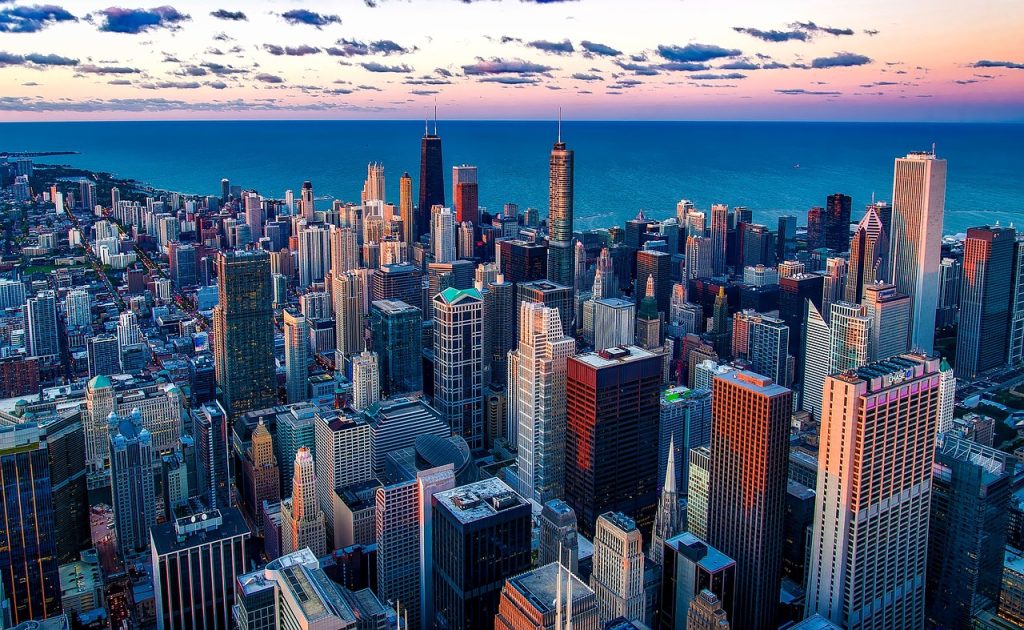
Chicago remains officially committed to immigrant protections, limiting local cooperation with federal agencies. Still, evolving security standards at the federal level have indirectly increased documentation requirements across city institutions. Proof of residency for housing or education programs can be challenging for short term visa holders. Travelers still find Chicago culturally welcoming, but navigating its administrative systems may require extra preparation.
9. Seattle, Washington
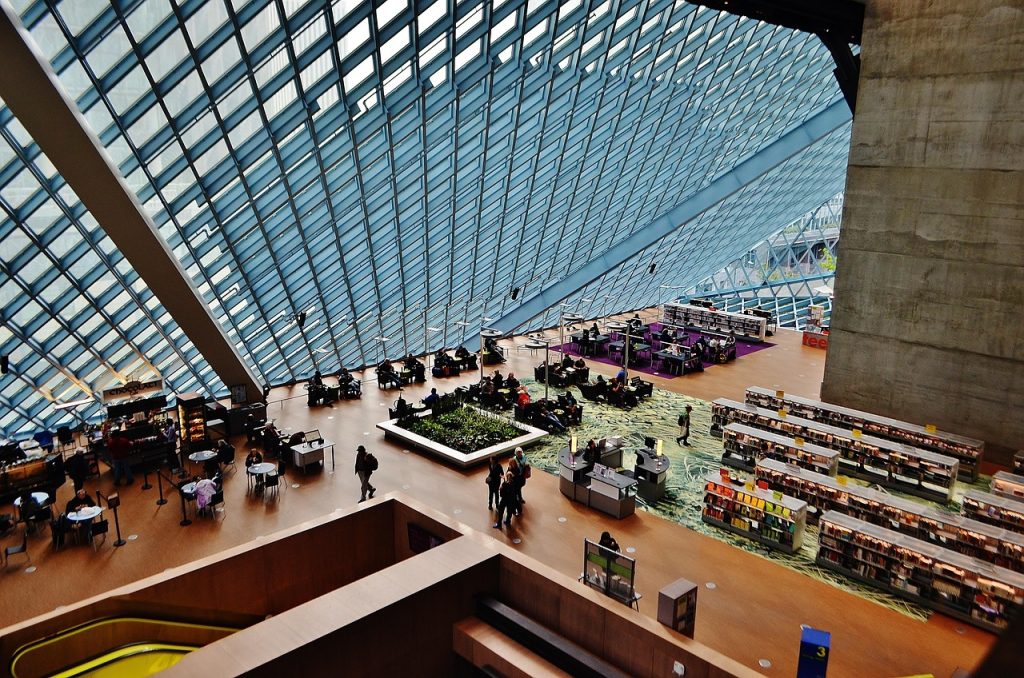
Seattle’s inclusive reputation persists, yet federal oversight changes have brought more documentation hurdles for non citizens. New credentialing rules for work and benefit applications can complicate matters for those without Washington issued ID. Visitors on student or exchange visas often find housing verification and utility setup difficult without local paperwork. While the city prioritizes diversity, practical barriers have grown for temporary residents.
10. Los Angeles, California
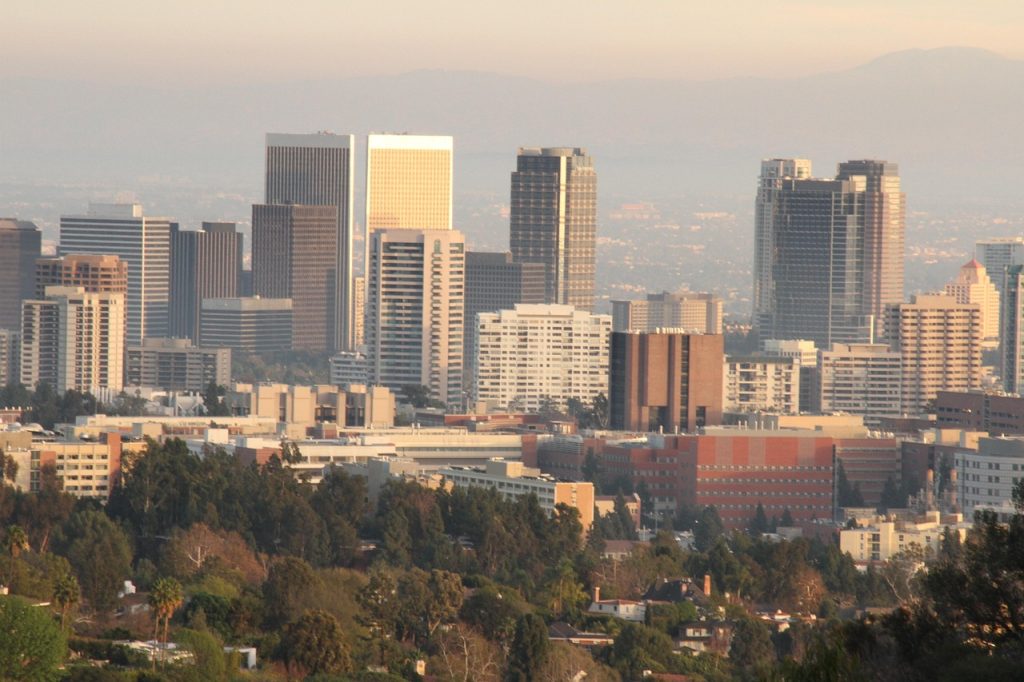
Los Angeles remains a key gateway for global travel and immigration, but compliance updates under federal Real ID and state verification measures have increased procedural demands. Visitors now face stricter ID checks in airports and housing applications. Although city policies protect immigrant rights, closer coordination between federal and airport authorities can slow document verification. Travelers are advised to review visa validity and ID requirements before arrival to avoid disruptions.

